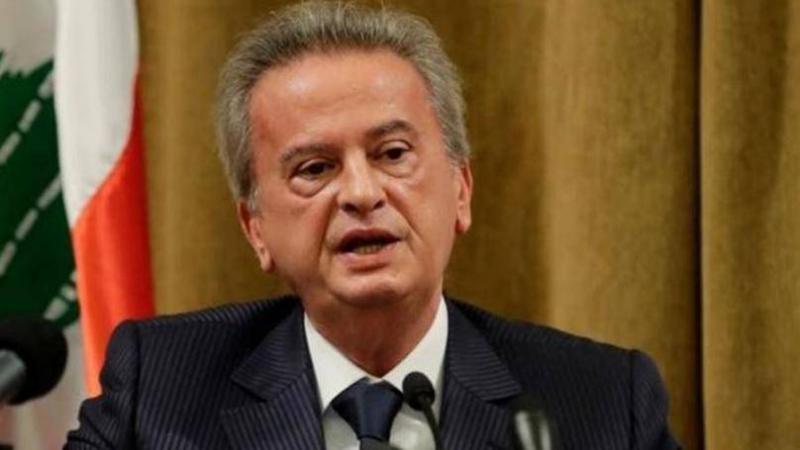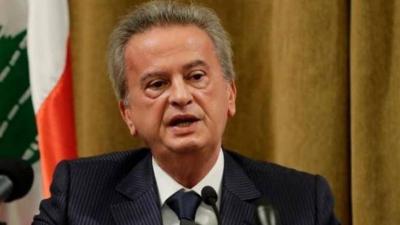The Governor of the Central Bank of Lebanon, Riad Salameh, confirmed that "the bank has opened an investigation to determine whether there are internal parties benefiting from Lebanon's default on its debts, and whether certain individuals have accumulated wealth through this process, which they were informed of in advance, and which Salameh strongly opposed due to its severe repercussions on the state." He stated that "the default on debt has cut Lebanon off from its funding sources," according to Salameh.
In an exclusive interview with "Ici Beyrouth," Salameh dismantled the "demonization" campaign launched against him with a dual aim, pointing out that "the policies pursued are held fully responsible for the collapse the country is experiencing, and inciting depositors who the state is preparing to punish against him."
He added, "I don't know whether the attempt to shift losses to the Central Bank is out of ignorance or intent," providing detailed results of the audit of the Central Bank's accounts between 2010 and 2021, through which he demonstrated how the state drained $62 billion in fresh money from the Central Bank during this period. Salameh, who strongly opposed many expenditures incurred by the executive authority, including the salary scale enacted in 2018 which raised public sector employees' salaries, insists that "the losses are exclusively the result of expenses imposed by the government based on legislation. These are not the Central Bank's losses, but losses to the Central Bank."
He gave an example of the amounts borrowed from the central bank at an interest rate of 1%, also based on legislations, so that the authorities would not have to pay interest on the debt owed by the Central Bank to the state. He continued, "They are trying to shift the losses to the central bank, but there is also a diversion of attention to incite depositors against the Central Bank, which has been applying the laws."
In response to those accusing him of financing the state, Salameh said: "We were not the only ones to finance it. Arab and international organizations continued to do so. If we have to stop, everyone will have to stop." He added, "Between 2017 and 2022, the Central Bank paid fresh dollars to banks. We paid an additional $24 billion in costs. So let no one say that the Central Bank is the one who squandered the depositors' funds."
Salameh believes that "Lebanon needs, above all, the necessary political stability to revive the economy, as this revival will return money to the banks and thus to the depositors." Regarding depositor funds, he noted that they "depend on the plan that the government will adopt," stating, "The current plan includes broad outlines, but no details. Historically, there have been no recovery programs in the world that penalize depositors in a country."
He expressed hope that "the Lebanese authorities will take this point into consideration during their negotiations with the International Monetary Fund," adding, "Lebanon has an interest in having a program with the International Monetary Fund. Therefore, depositors are, to some extent, at the mercy of the negotiations between the government and the International Monetary Fund."
He reiterated his opposition to "selling gold" and explained the mechanism that the Central Bank adopted to stabilize the exchange rate. Salameh confirmed in this regard that "the central bank's reserve amounts to $11.8 billion; our reserves remain at this level of $12 billion, specifically $11.8 billion. The reason for the drop of $200 million is that part of our reserves is in euros, and the value of the euro against the dollar has decreased."




